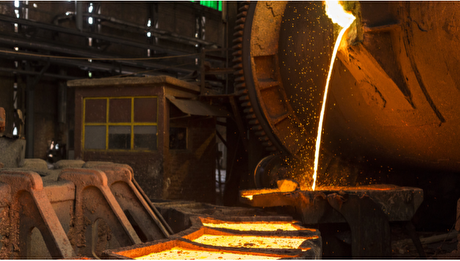
China’s steel PMI rises in November

The steel PMI, compiled by the China steel logistics professionals committee (CSLPC), was last at 50 in May and had fallen every month since, before rebounding last month.
November's steel PMI was higher by 4.1 points from October. The steel output sub-index climbed by 1.1 points to 43.4, while domestic new orders sub-index gained by 12.2 points to 43.8.
A rebound in demand last month increased the willingness of steel mills to produce more steel and purchase more raw materials, said CSLPC.
China's real estate demand has remained robust through the year and supported steel prices in November, with supply tightening on slower steel shipments from north to south China as strong winds at northern ports disrupted operations.
The country's overall manufacturing PMI also showed an uptick, rising above the 50 mark for the first time since April to 50.2 in November from 49.3 in October, said the national bureau of statistics.
New construction starts are accelerating and will provide a driving force for demand of steel and other bulk materials, said the CSLPC. It also said that the government is easing further the financing rules for infrastructure projects, which will support steel demand "to some extent".
But the supply pressure could be higher this year than in 2017-2018 as local governments in major steel-producing provinces such as Hebei, Shandong, Shanxi and Henan might not impose winter production cuts on mills and instead rely on production restrictions during periods of higher concentration of pollutants, said the CSLPC. Several mills in these regions already adhere to ultra-low emissions standards, while many non-compliant mills have been shut down, making such winter production cuts less necessary.
There may not be much extra effort to restrict steel output in December, said the CSLPC, which should keep output rates high as mills are mostly profitable.
By Prasenjit Bhattacharya

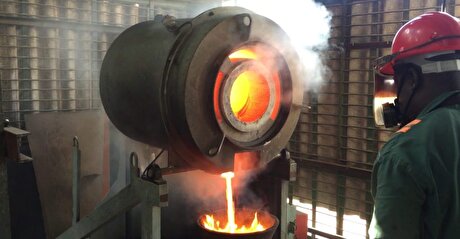
Zimbabwe labs overwhelmed as gold rally spurs exploration, miner says
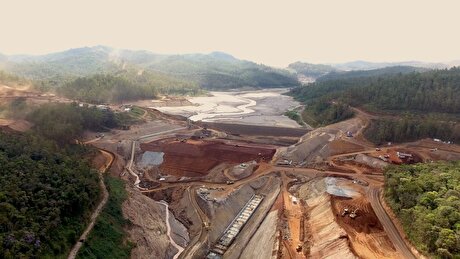
Samarco gets court approval to exit bankruptcy proceedings
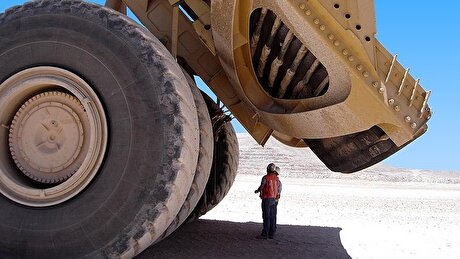
Cochilco maintains copper price forecast for 2025 and 2026

Gold price stays flat following July inflation data

Mosaic to sell Brazil potash mine in $27M deal amid tariff and demand pressures

HSBC sees silver benefiting from gold strength, lifts forecast

Glencore seeks $13 billion in incentives for Argentina copper projects
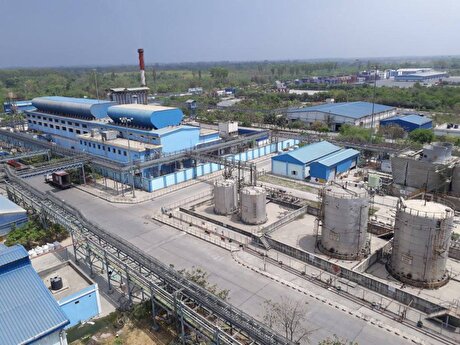
Hindustan Zinc to invest $438 million to build reprocessing plant
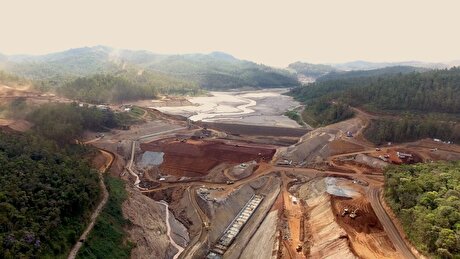
Samarco gets court approval to exit bankruptcy proceedings

Abcourt readies Sleeping Giant mill to pour first gold since 2014

Roshel, Swebor partner to produce ballistic-grade steel in Canada

EverMetal launches US-based critical metals recycling platform

Iron ore price dips on China blast furnace cuts, US trade restrictions

Afghanistan says China seeks its participation in Belt and Road Initiative

Gold price edges up as market awaits Fed minutes, Powell speech
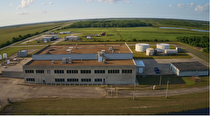
Flash Metals USA advances critical minerals recovery plant in Texas

Glencore trader who led ill-fated battery recycling push to exit

US hikes steel, aluminum tariffs on imported wind turbines, cranes, railcars
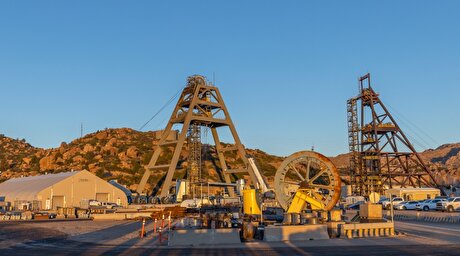
US appeals court temporarily blocks land transfer for Resolution Copper

Abcourt readies Sleeping Giant mill to pour first gold since 2014

EverMetal launches US-based critical metals recycling platform

Iron ore price dips on China blast furnace cuts, US trade restrictions

Afghanistan says China seeks its participation in Belt and Road Initiative

Gold price edges up as market awaits Fed minutes, Powell speech

Flash Metals USA advances critical minerals recovery plant in Texas

Glencore trader who led ill-fated battery recycling push to exit

US hikes steel, aluminum tariffs on imported wind turbines, cranes, railcars

US appeals court temporarily blocks land transfer for Resolution Copper














